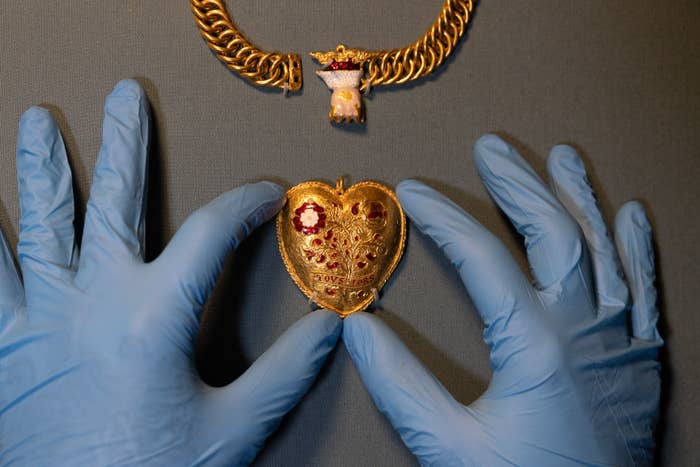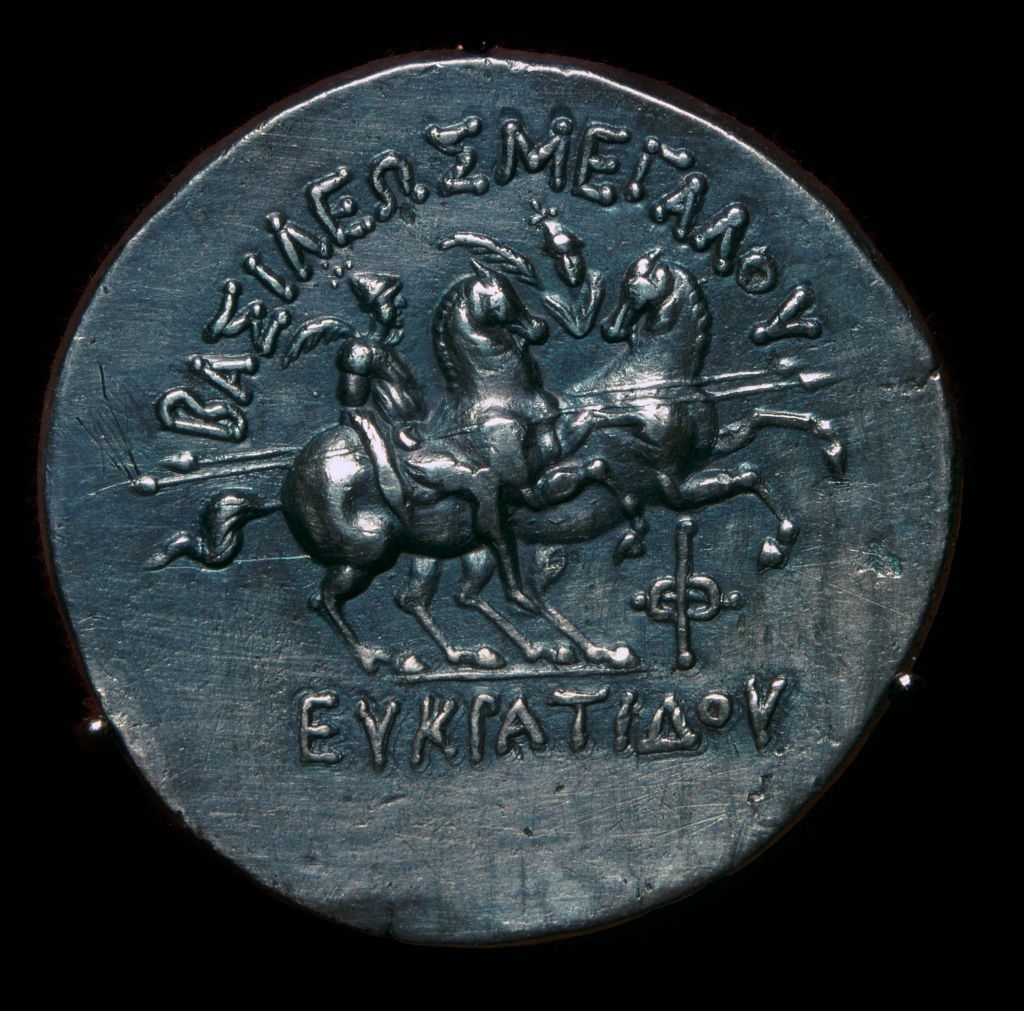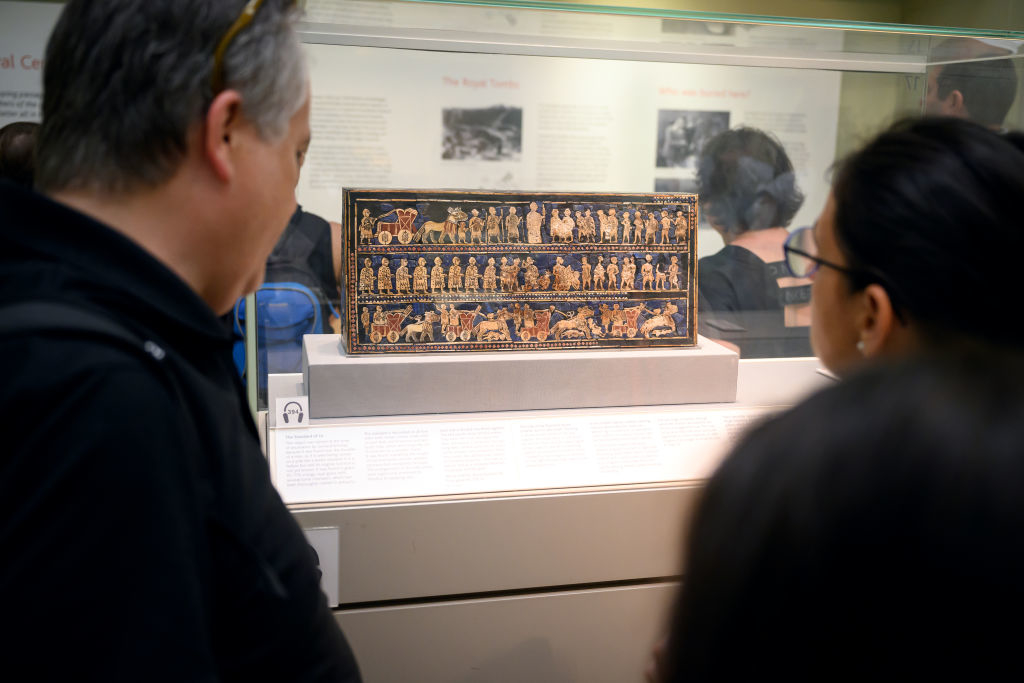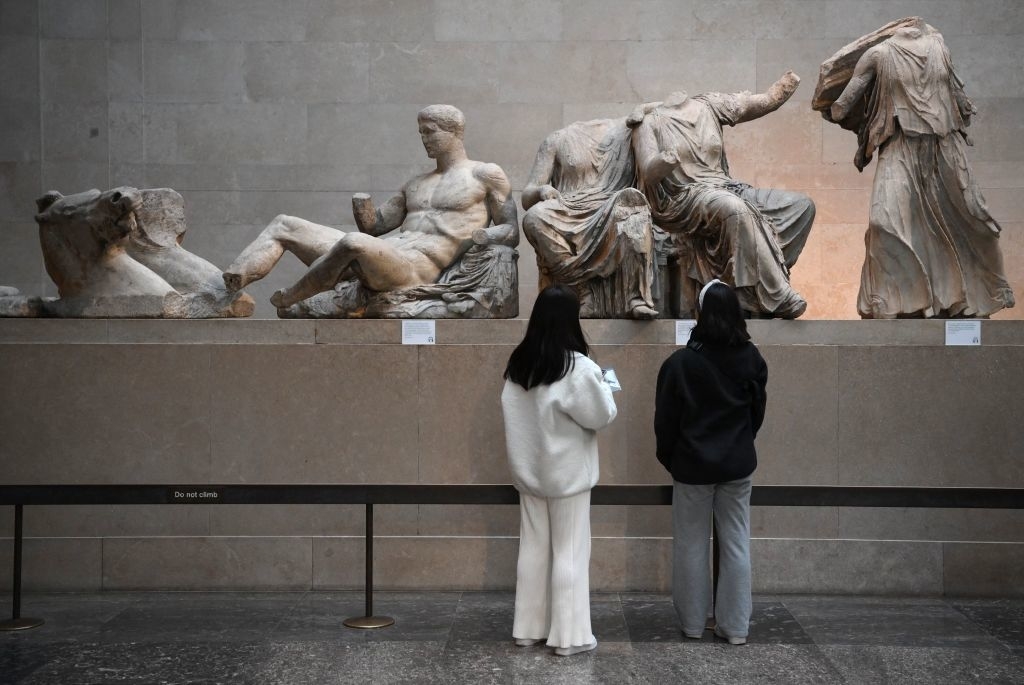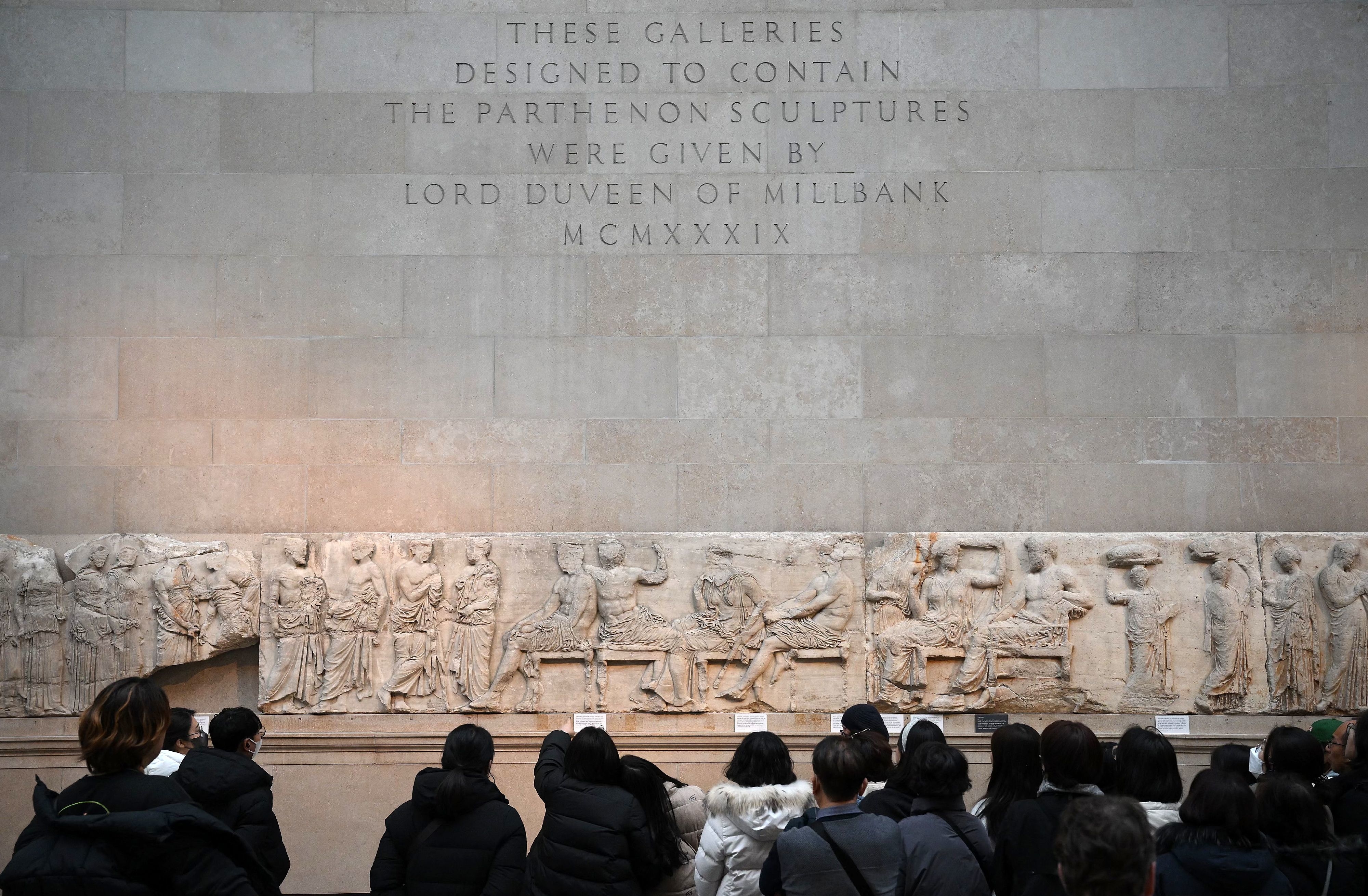" Embracing company civilisation " for real .
In what seems to be a real-lifeIndiana Jonesstoryline, artifacts have reportedly beenstolenfrom the British Museum — allegedly by one of the museum’s own employees.
According to BBC News and the Guardian, among theestimated 2,000stolen items weregold coins, silver necklaces,gold jewelry, gems of semiprecious stones, as well as hundreds of pieces of pottery. An expert allegedlytold the BBCthat the sheer number of stolen objects was “mind-blowing.”
Of the artifacts stolen, the newest date from the 19th century, while the oldest date back to the 15th century B.C. Yes, you read that correctly.
The theft was allegedly found out when aFreedom of Information Act request was filed, revealing that “one Greek silver coin, a 4th-century Roman coin, and a German coin had disappeared from the museum.”
The worst part? The thief has reportedly been selling the artifacts on eBay.
The British Museum theft relates to broader trouble in antiquity marketIllegal sale of antiquities are rampant . From unreported metal detecting finds to loot uncovering without provenance on international markets . Scholars who authenticate / put out such materials are complicithttps://t.co/WhDY5yr1a6
According to theBBC, the British Museum was allegedly first notified in 2021 by antiquities dealer Ittai Gradel that he had seen antiquities held by the museum listed on the site. The museum’s deputy director reportedly waited five months to reply to Dr. Gradel, then told him that there was “no suggestion of any wrongdoing.”
Upon hearing the news, many on social media were quick to call the museum hypocritical because the British Museum is arguably famous for housing many of the world’s greatest treasures from countries who’dlike their stuff back.
Their main objectionhttps://t.co/7rGWxdMWaRpic.twitter.com/NsDfi1GVIU
British Museum concerned about detail reported stolenhttps://t.co/5tuCJjvNgppic.twitter.com/fVzgeZx7dv
The British museum is process someone for stealing some of the stuff they steal from half the countries in the world . feel : lmao

embrace company culturehttps://t.co/y59rMQRHLK
The investigator : please tell us which particular in your collection are stolen . The British Museum : https://t.co/2k3TtOSQE6pic.twitter.com/4qjOvwuUfR
One current high-profile example of this is Greece demanding the return of theParthenon Marbles, which were taken in the 19th century by the British Lord Elgin, with “permission” from occupying Ottoman forces.
Earlier this year, UK Prime Minister Rishi Sunakdoubled downon the UK’s commitment to never return the Marbles, calling them “a huge asset to this country” and saying, “We share their treasures with the world, and the world comes to the UK to see them." It’s unclear whether Mr. Sunak has considered how huge an asset these Greek artifacts would be for the country of Greece.
It’s worth noting that the UK’s chief defense for keeping controversial stolen artifacts from all over the world —China,Greece,Nigeria— is theclaimthat these artifacts are “safer” within the United Kingdom than they would be in their countries of origin, where they may get lost, destroyed, or stolen.
The British Museum has released astatementdetailing current actions they are taking to deal with the situation, but told BuzzFeed they are currently unable to comment further as they work with police on the ongoing investigation.
